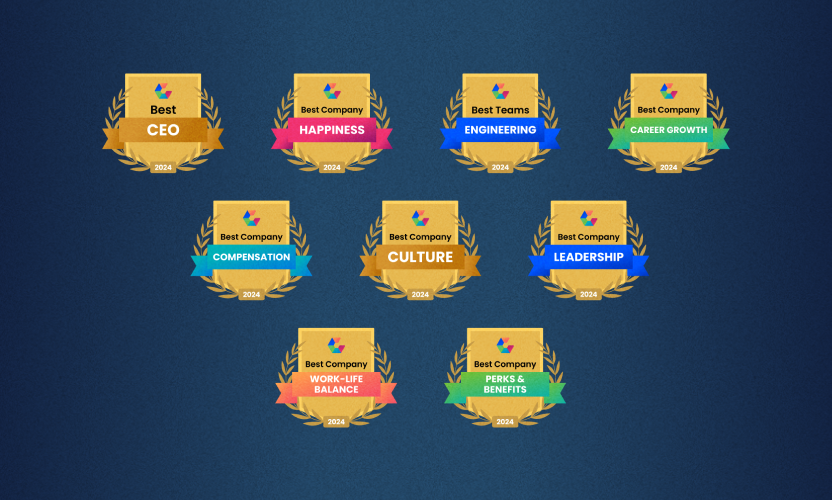
Three Ways Builders Can Attract Millennials to Combat Labor Crisis
A skilled labor shortage is threatening the construction industry, and contractors across the nation are already feeling the effects.A report by Construction Labor Market Analyzer indicates that by 2016, U.S. construction projects will require 6.7 million skilled workers — about 50% more than are available today. Eighty-three percent of construction firms are already having trouble finding qualified craft workers, especially in the Southeast.This skilled labor shortage is a direct result of the Great Recession, which hit the construction industry hard. And because societal pressure pushes young people toward higher education rather than technical trade schools, there are fewer people entering the construction field.As a result, the average age of skilled trade workers is older than the workforce as a whole, and these laborers are demanding higher pay for their specialized skills. A smaller and aging workforce is making it increasingly difficult to complete projects on time, which means firms must pay more to outsource or subcontract work.Today, many construction firms are turning to a younger generation to get the job done. Despite being labeled as “Generation Me,” research shows that Millennials are no more narcissistic than any other generation. Although they’re labeled lazy at times, young workers are actually hungry to learn and more cost-effective to employ than experienced laborers. And the benefits don’t stop there.They’re smart. Millennials — those ages 18-35 — are the most educated age group in the U.S., with 34 percent holding a bachelor’s degree or higher. This level of education means they’re trained to think and make decisions at an advanced level. Beyond academics, employees with a college education have already learned skills required for project planning, group collaboration, and meeting deadlines, which are all critical parts of being successful in the construction industry.They’re ambitious. Millennials are eager to get out into the workforce and start making money right away. While many industries demand previous work experience or internships, construction gives Millennials the opportunity to start making money immediately with the potential for greater rewards as their skills develop. This age group places a premium on jobs with opportunities for career progression.They’re tech-savvy. Millennials grew up surrounded by technology, and some of them don’t even remember a world without the Internet. As the construction industry becomes more dependent on technology, Millennials’ ingrained comfort and familiarity with tech will make them a great asset to construction firms.To attract this kind of talent to your firm, try incorporating the following into your recruitment strategy:Build a supportive company culture. Millennials want to feel like their work matters and their employers appreciate them. Give your skilled laborers the opportunity to come up with innovative solutions on the job, and call attention to their success. Benefits such as free meals and monthly social events send the message that they matter to your company.This generation also enjoys community and philanthropic initiatives, so weaving in participation in charitable programs such as Habitat for Humanity will be a big draw.Create a path to success. Give Millennials opportunities for advancement and regular pay increases. While paying more might not sound appealing, it will keep your company competitive during this industry-wide labor shortage. Plus, laying out a clear trajectory for advancement will make Millennials more willing to take lower wages early in their career.Offer tuition assistance and free skills training. Helping Millennials develop their skills and knowledge is a great way to show that you care about them and want them to succeed. This sentiment will lead to increased loyalty and a skilled workforce that will differentiate your firm in the marketplace.Another great thing to try is pairing Millennial workers with more experienced workers who not only want to be mentors, but also want to learn new skills themselves, such as social media or construction apps.Although the skilled labor shortage is alarming for the construction industry, it’s creating opportunities for the early-career workforce and firms that know how to attract them. By focusing on this segment of the talent pool, your firm won’t just survive the labor shortage — it will thrive in the changing business environment.

*The original post appeared in Builder.com.






